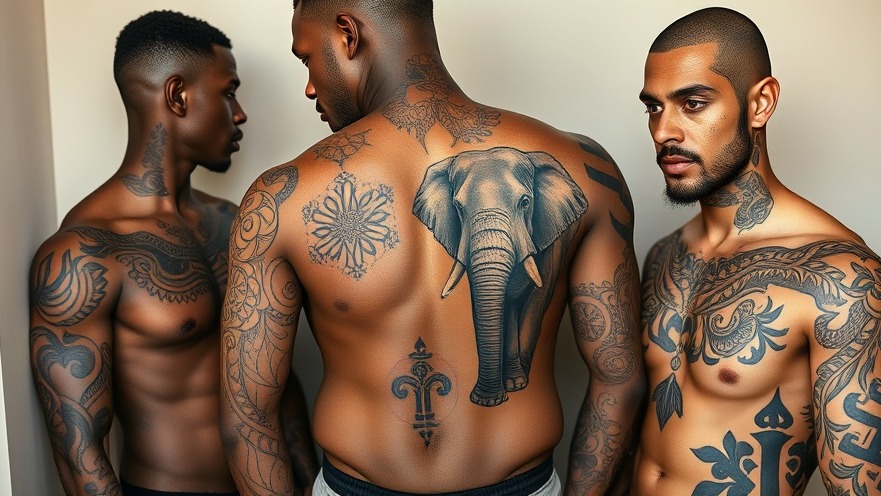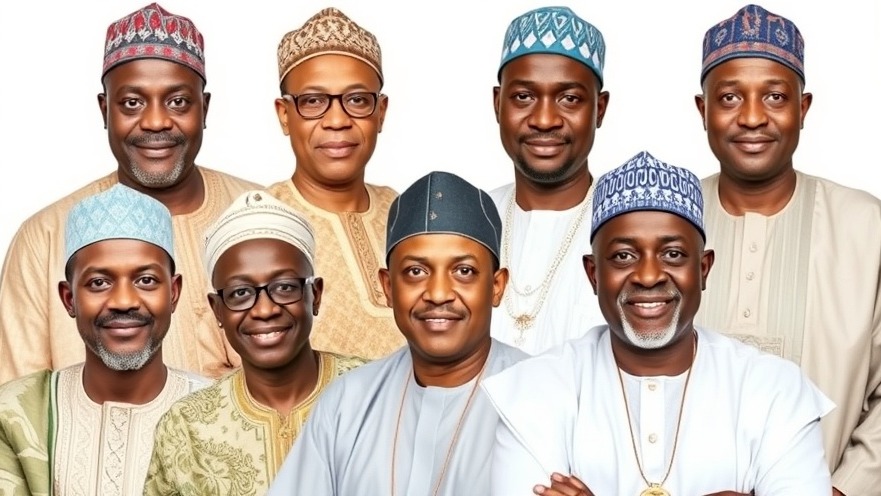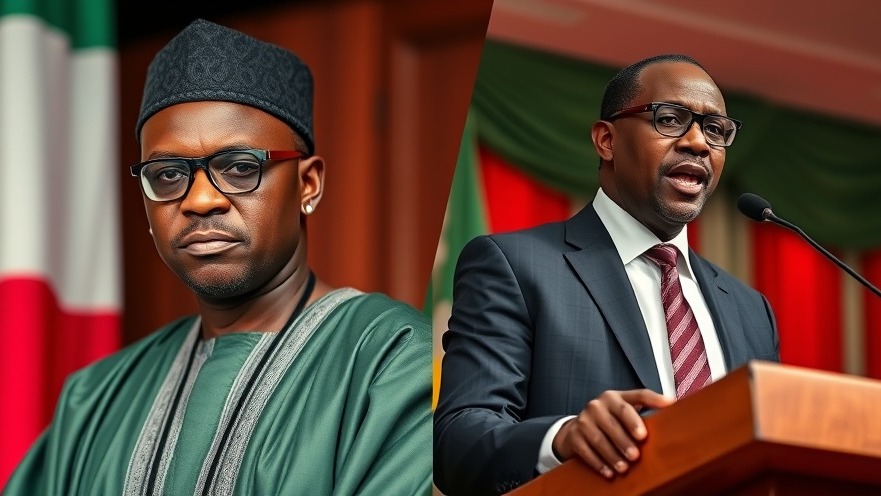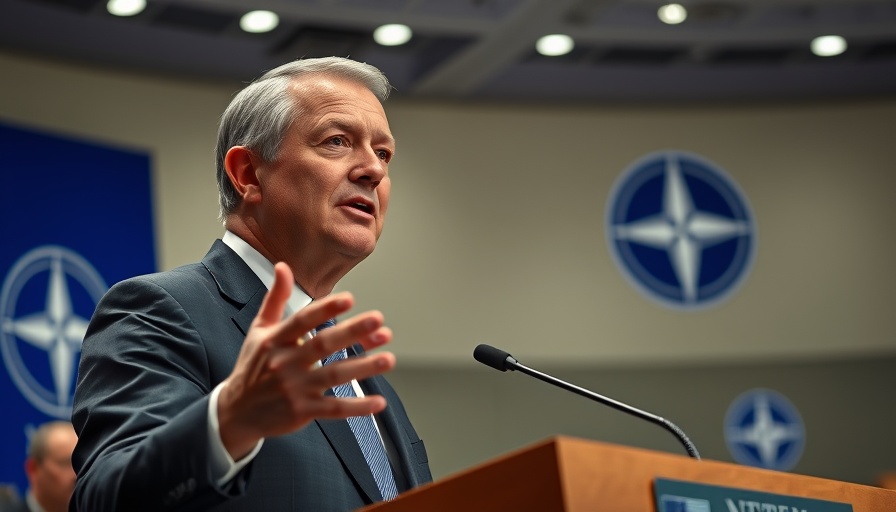
Understanding the Shift: Tattoos in Nigerian Society
Nigeria, a vibrant mosaic of cultures and identities, is witnessing a transformation in the perception of tattoos. Traditionally steeped in symbolism—ranging from social status to rites of passage—body art in Nigeria is now transcending its conventional boundaries. Once viewed with skepticism and resistance due to religious and cultural beliefs, tattoos are gradually being embraced as a legitimate form of self-expression, especially among youth in urban centers.
The video 'How Tattoos Are Gaining Acceptance in Nigeria' illustrates the transformation in perceptions surrounding tattoos, prompting a deeper analysis of their cultural significance.
The Historical Context Behind Body Art
For centuries, markings on the body were a form of identity among various Nigerian ethnic groups. From Yoruba facial scarification to Igbo tribal marks, these practices conveyed crucial social narratives. However, colonization and the advent of Western thought began to stigmatize these symbols, labeling them as barbaric or unholy, especially when it came to forms of body art like tattoos. As Nigeria evolves, there is a growing realization that these practices, which were integral to cultural identity long before colonialism, deserve re-examination in the context of modern self-expression.
Modern Identity and Cultural Resistance
Modern Nigerians, particularly the younger generations, are redefining personal identity through tattoos. This shift is evident as more individuals adorn their skin with art that tells their personal stories, often as a way to connect with their roots or assert their individuality. Tattoo artists, who once faced discrimination, are now gaining recognition and a substantial client base, yet they navigate a landscape fraught with cultural perceptions that still categorize body art as rebellious. This dichotomy reflects a society grappling with tradition versus modernity.
Impact of Social Media on Acceptance
Social media plays a pivotal role in this transformation. Platforms like Instagram and Facebook are inundated with images of tattoos, many highlighted by influencers and celebrities showcasing their ink. This visibility normalizes tattoos as a form of art rather than an act of defiance, creating conversations that challenge the status quo. The representation of tattoos in contemporary Nigerian culture signifies not just a form of aesthetic choice, but a broader movement towards personal expression unshackled from traditional norms.
The Conversation: Debates and Diverging Perspectives
Despite this progress, resistance remains entrenched. Deep-rooted beliefs often equate tattoos with criminality, leading to challenges for individuals who choose to decorate their skin. This is exacerbated by laws that unfairly profile tattooed individuals, particularly young men, as they face scrutiny from law enforcement. Religious narratives further complicate acceptance, with some claiming that tattooing goes against spiritual guidelines. Yet, the ongoing discussions—driven by experiences shared online and in person—indicate a gradual shift in societal attitudes. Individuals in the community express conflicting opinions, with some admiring tattoos while personally refraining from getting inked, illustrating the complex dynamics at play.
Health Considerations: Ink and Safety
Beyond cultural perceptions, practical considerations also arise regarding tattooing, such as health risks associated with the process. The procedure involves penetrating the skin, which can facilitate infections if proper hygiene is not observed. Tattoo enthusiasts are often reminded of the importance of sterile practices to avoid conditions like hepatitis or allergic reactions to tattoo inks. As the culture of tattooing grows, so does the need for awareness about safe practices, ensuring that the art remains a celebrated form of self-expression rather than a health hazard.
Future of Tattoos in Nigeria: A Growing Acceptance
Looking ahead, the future appears promising for body art in Nigeria. The rise of tattoo conventions and mentorship programs underscores a burgeoning industry that is likely to thrive. Artists are innovating, creating unique styles that reflect Nigerian heritage, thereby enriching the art form. As societal attitudes shift, and acceptance broadens, tattoos are poised to occupy a more prominent role in the narratives of modern Nigerian identity, symbolizing resilience, creativity, and personal empowerment.
In conclusion, tattoos in Nigeria are more than mere body art; they are reflections of cultural evolution, personal stories, and societal dialogues. As acceptance grows, so does the potential for tattoos to serve as powerful conduits for individuality and expression within Nigeria's ever-evolving identity landscape.
 Add Row
Add Row  Add
Add 


 Add Row
Add Row  Add
Add 

Write A Comment